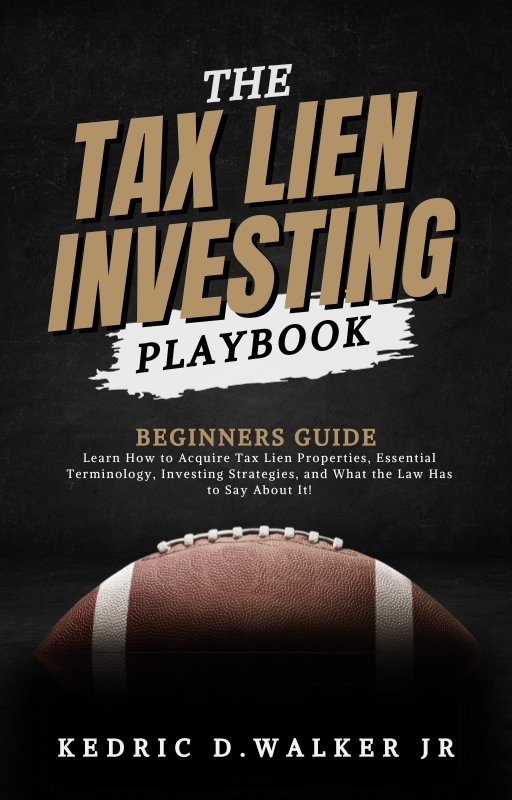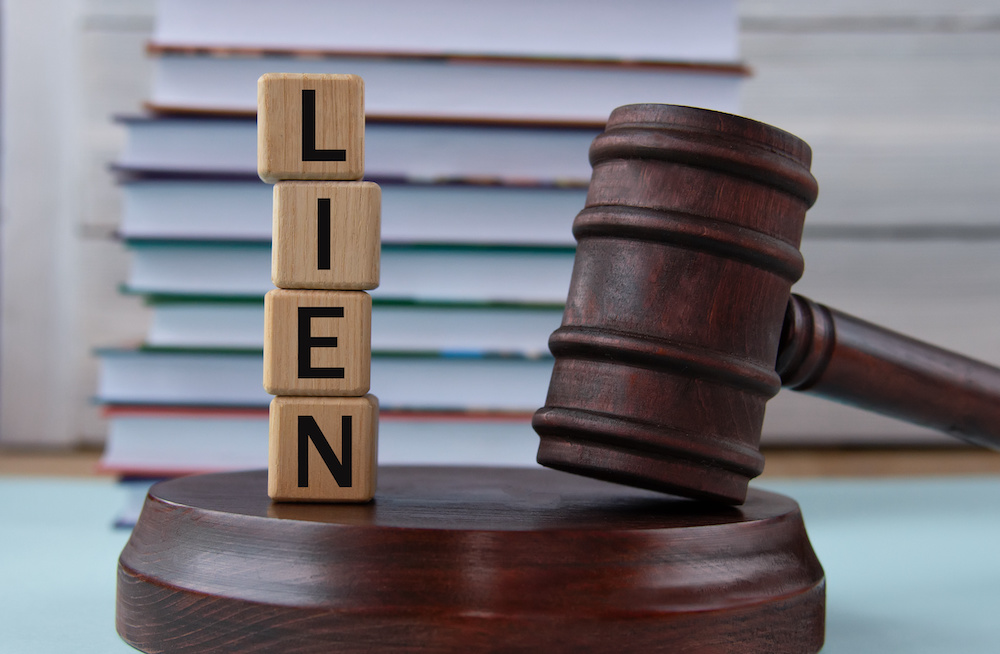All Categories
Featured
Table of Contents
Tax lien investing can provide your portfolio exposure to realty all without needing to actually possess building. Professionals, nevertheless, say the procedure is complicated and caution that amateur capitalists can conveniently get melted. Below's everything you require to know concerning buying a tax lien certification, consisting of exactly how it functions and the threats entailed.
The notice generally comes before harsher actions, such as a tax obligation levy, where the Irs (IRS) or local or community governments can in fact take a person's residential or commercial property to recover the financial obligation. A tax lien certification is created when a homeowner has actually fallen short to pay their taxes and the city government problems a tax obligation lien.
Tax lien certifications are normally auctioned off to investors wanting to revenue. To recuperate the delinquent tax obligation dollars, municipalities can after that market the tax lien certification to private capitalists, that care for the tax obligation costs for the right to collect that cash, plus rate of interest, from the homeowner when they eventually pay back their balance.
What Is Tax Lien Real Estate Investing
enable the transfer or task of overdue property tax liens to the economic sector, according to the National Tax Obligation Lien Organization, a nonprofit that represents federal governments, institutional tax obligation lien capitalists and servicers. Below's what the process resembles. Tax obligation lien investors need to bid for the certificate in a public auction, and exactly how that procedure works relies on the particular district.
Contact tax officials in your area to make inquiries just how those overdue tax obligations are accumulated. The community develops an optimum rate, and the bidder offering the lowest rate of interest rate beneath that optimum wins the auction.
Other winning proposals go to those that pay the highest possible cash amount, or costs, above the lien quantity. What occurs following for investors isn't something that happens on a stock market. The winning prospective buyer needs to pay the whole tax obligation bill, including the delinquent financial debt, interest and charges. The investor has to wait up until the building owners pay back their whole balance unless they don't.
While some capitalists can be compensated, others could be captured in the crossfire of complicated rules and technicalities, which in the most awful of situations can result in substantial losses. From a simple earnings standpoint, the majority of capitalists make their cash based upon the tax lien's rates of interest. Rate of interest differ and depend upon the jurisdiction or the state.
Revenues, nevertheless, don't always total up to returns that high during the bidding procedure. Ultimately, a lot of tax obligation liens purchased at public auction are sold at rates between 3 percent and 7 percent nationally, according to Brad Westover, executive supervisor of the National Tax Obligation Lien Organization. Before retiring, Richard Rampell, previously the chief exec of Rampell & Rampell, a bookkeeping firm in Palm Beach, Florida, experienced this direct.
Tax Lien Certificate Investment
In the beginning, the partners succeeded. Yet after that large institutional financiers, including banks, hedge funds and pension funds, went after those greater yields in auctions around the nation. The bigger capitalists aided bid down rate of interest prices, so Rampell's team wasn't making considerable cash any longer on liens. "At the end, we weren't doing far better than a CD," he states - tax lien investing guide.
But that hardly ever happens: The taxes are typically paid prior to the redemption date. Liens also are very first eligible payment, also prior to home mortgages. Nevertheless, tax liens have an expiry date, and a lienholder's right to seize on the residential property or to gather their financial investment runs out at the very same time as the lien.
Individual capitalists that are taking into consideration investments in tax obligation liens should, above all, do their research. Specialists recommend avoiding buildings with ecological damages, such as one where a gas station dumped harmful product.
Profit By Investing In Real Estate Tax Liens Pdf
"You should actually comprehend what you're buying," says Richard Zimmerman, a partner at Berdon LLP, a bookkeeping firm in New York City. "Recognize what the residential property is, the neighborhood and worths, so you do not purchase a lien that you will not have the ability to gather." Would-be capitalists must also look into the property and all liens against it, in addition to recent tax obligation sales and price of similar properties.
Keep in mind that the info you discover can often be obsoleted. "People get a checklist of homes and do their due diligence weeks prior to a sale," Musa claims. "Half the buildings on the list might be gone since the taxes make money. You're wasting your time. The closer to the day you do your due persistance, the far better.
Investing In Real Estate Tax Liens & Deeds

Westover claims 80 percent of tax lien certifications are marketed to participants of the NTLA, and the firm can usually compare NTLA members with the right institutional capitalists. That could make handling the procedure less complicated, especially for a newbie. While tax lien financial investments can offer a generous return, recognize the small print, information and regulations.
"But it's made complex. You have to recognize the information." Bankrate's added to an upgrade of this tale.
Residential property tax liens are an investment particular niche that is ignored by most financiers. Acquiring tax obligation liens can be a profitable though relatively danger for those who are well-informed regarding realty. When people or companies fall short to pay their home tax obligations, the towns or various other government bodies that are owed those taxes put liens against the buildings.
What Does Tax Lien Investing Mean
These claims on security are additionally exchanged amongst investors that want to produce above-average returns. With this procedure, the town gets its tax obligations and the financier gets the right to gather the amount due plus interest from the debtor. The procedure hardly ever finishes with the financier taking ownership of the property.
If you require to confiscate, there may be other liens versus the residential or commercial property that maintain you from taking ownership. You can also spend indirectly through building lien funds.
It properly binds the residential property and avoids its sale up until the proprietor pays the taxes owed or the residential or commercial property is seized by the financial institution. For instance, when a landowner or property owner fails to pay the taxes on their residential or commercial property, the city or region in which the home is situated has the authority to place a lien on the home.
Residential or commercial property with a lien connected to it can not be offered or refinanced up until the tax obligations are paid and the lien is gotten rid of. When a lien is issued, a tax obligation lien certificate is developed by the municipality that mirrors the quantity owed on the residential property plus any kind of passion or penalties due.

It's estimated that an additional $328 billion of property taxes was examined across the united state in 2021. The fad proceeds. Tax obligations on single-family homes were estimated to climb a standard of 3.6% in 2022, to a total of $339.8 billion, and by 6.9% in 2023, to $363.3 billion. It's difficult to examine across the country property tax lien numbers.
Table of Contents
Latest Posts
What is the best way to compare Accredited Investor Commercial Real Estate Deals options?
Why is Private Real Estate Investments For Accredited Investors a good choice for accredited investors?
How do I choose the right Accredited Investor Real Estate Platforms for me?
More
Latest Posts
What is the best way to compare Accredited Investor Commercial Real Estate Deals options?
Why is Private Real Estate Investments For Accredited Investors a good choice for accredited investors?
How do I choose the right Accredited Investor Real Estate Platforms for me?